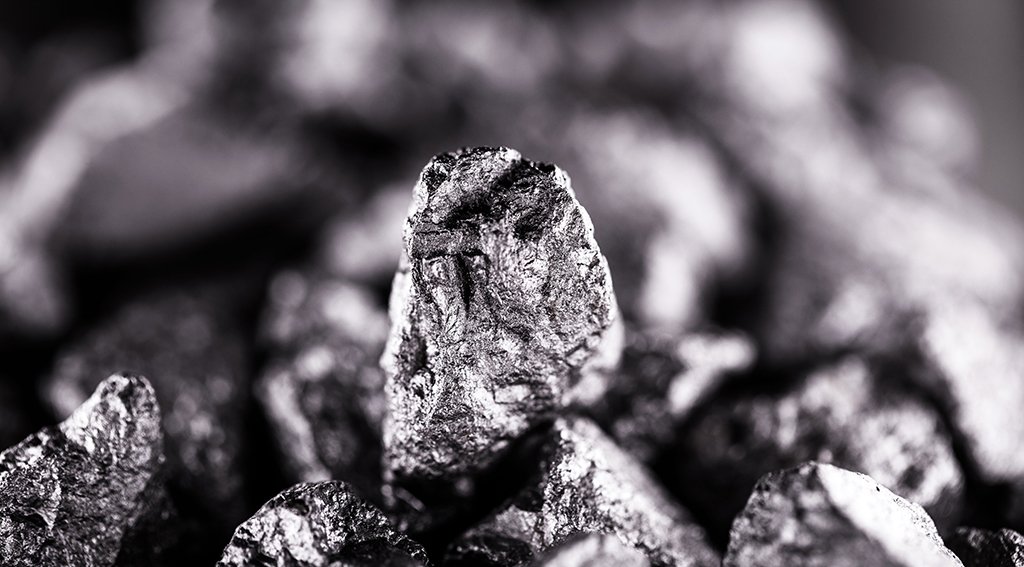An Aluminium Alloy for Everything
1000 series aluminium alloys – engineering quality
1000 series alloys are standard commercial aluminium’s for general jobs. Although 1050 alloys tend to be dull in finish, but they can be dry rolled to create a mirror finish if needed. 1000 series aluminium alloys have:
- Very good atmospheric corrosion resistance
- Very good workability
- High thermal and electrical conductivity (preferred alloy 1350)
- Attractive appearance, high reflectivity
- Suitable for decorative anodising
- Very good weldability
- Low mechanical propertiesii
Due to their moderate strength, 1000 series aluminium alloys are ideal for use in packaging containers and foils, radiator tubes, heat exchanger strips, automotive trim, electrical cabling and architectural flashings and panelling.
3000 series aluminium alloys – decorative appeal
3000 series alloys are more suited to construction than 1000 series aluminium alloys, as they form better. They are generally sold pre-painted, or powder coated after forming. They also always come with a mill finish, as due to the manganese within the product it doesn’t grind or anodise well.
3000 series aluminium alloys have:
- Very good resistance to atmospheric corrosion
- Very good weldability
- Good formability by pressing, drawing and roll forming
- Medium strength alloy
- Better mechanical properties (in particular at elevated temperatures) than 1000 series alloysiii
The 3000 series alloys are ideal for use in the cladding of buildings exteriors and roofs. Also due to the mechanical properties of 3000 series alloys, they work well for insulation, embossed or roll-formed products and acoustic panels.
5000 series aluminium alloys – refined versatility
5000 series alloys are highly versatile and along with 6000 and 7000 series aluminium alloys offer manufacturers strong, highly formable and weldable solutions. The 5251 aluminium alloy (known in the US as 5052) has:
- Very good corrosion resistance to seawater, marine and industrial atmosphere
- Very good weldability
- Good cold formability
- Medium high strength alloy with a strength slightly lower than 5052 (NB: for higher strength than 5052 and 5251, use 5754)
- Medium high fatigue strengthiv
The 5000 series alloys can be used on items as far ranging as boilers to nameplates, car parts to door furniture, and ship building to cosmetic caps!
There is an aluminium alloy to suit any application. So, why not contact us to find out how we can help provide you with the right grade of aluminium alloy to suit your needs?
For more information about Alanod’s commercial aluminium services or for technical advice, click here.
iRSC.org/periodic-table/element/13/aluminium
iiALFED, Aluminium Rolling, Fact Sheet 18
iiiALFED, Aluminium Rolling, Fact Sheet 18
ivALFED, Aluminium Rolling, Fact Sheet 18

